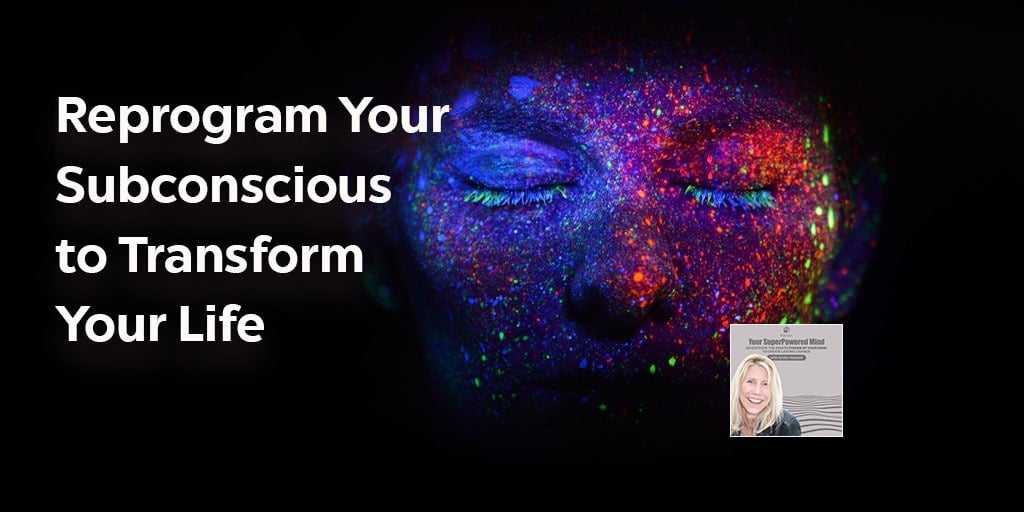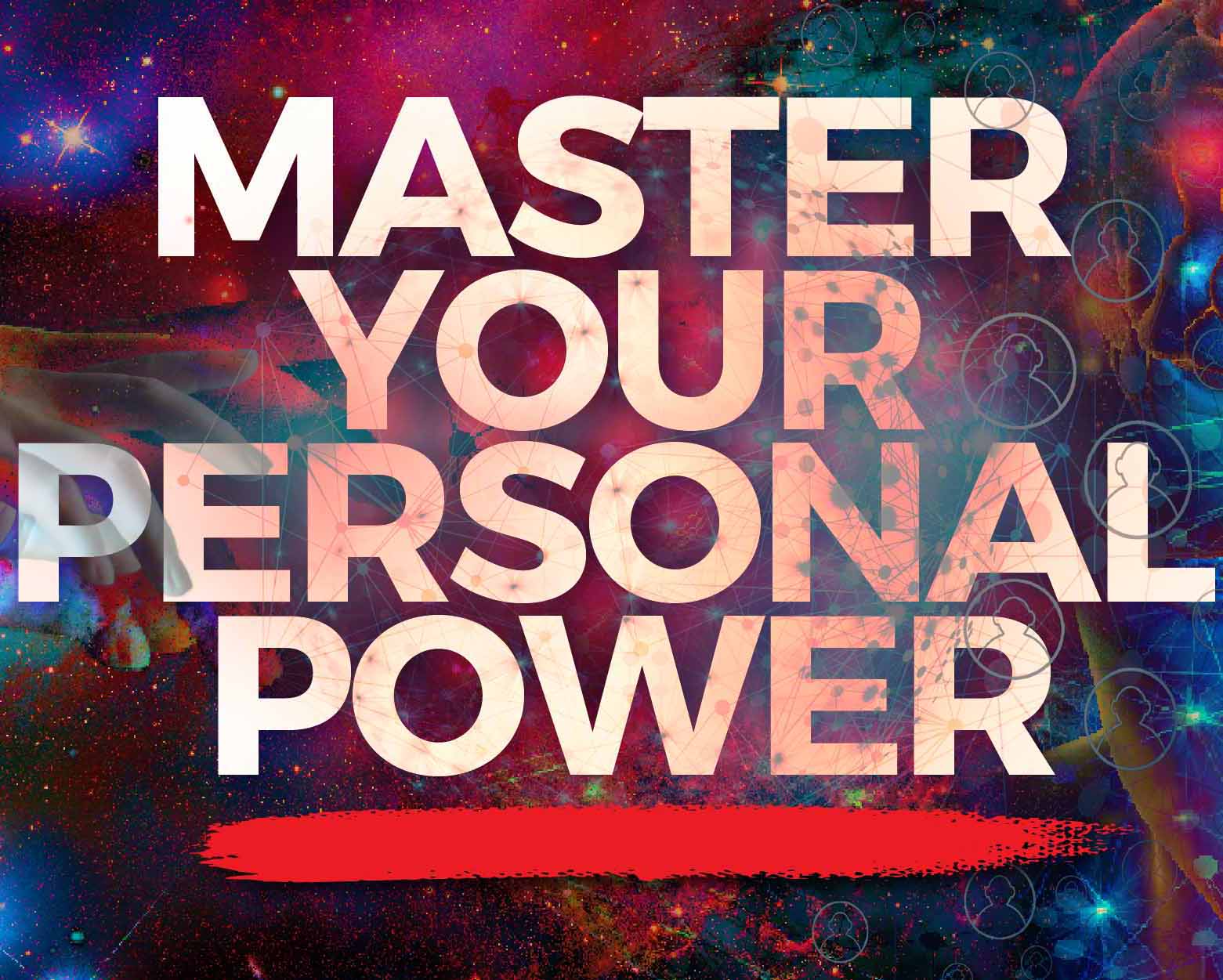
Hello, everyone. Welcome to Your SuperPowered Mind. I’m Kristin Maxwell. And in this show, we explore the process of transformation and give you tools and strategies that you can use to transform your own life.
Today, I am thrilled to be talking to Thais Gibson about reprogramming your subconscious mind to transform your life. Thais Gibson is the founder of the personal development school, where she has worked with clients around the world to help them transform their life, relationships and overcome substantial challenges. She’s the author of Attachment Theory: a Guide to Strengthening the Relationships in Your Life. And she very much believes in the power of working with the subconscious to alter how you show up in the world, which is exactly what I so love looking for, learning about and sharing. Welcome Thais.
Thank you so much for having me. I’m excited to be here.
Super fun. My first question is what superpower did you uncover as the result of mastering your mind?
The superpower I definitely uncovered was how to emotionally regulate. I grew up in a household where there was quite a bit of trauma and I think the by-product of that is I really struggled in my early adult life, sort of late teens, early twenties to regulate. I would get very angry, very defensive, very frustrated, which we know comes out of being exposed to significant trauma in childhood. And one thing that I learned through a lot of research was that we have pain and suffering at the emotional level and emotional pain is whenever we have an unmet need. That’s technically a good thing because that’s trying to help us evolve and survive. If you think about it just from a purely biological perspective, if we had hunger pains, we would seek food. If we felt cold, we would seek shelter. Pain is there to actually help us adapt and evolve.
Emotional pain is actually doing the same thing. It’s letting us know when we have an unmet need. Maybe we feel lonely and it’s because we have an unmet need for love and connection that we have to act on and strategize on behalf of. But then suffering is the story we tell about the pain. If we have an unmet need for love and connection, and we go, “Oh, it’s because I’m unlovable. It’s because I’m not good enough. I’m going to be alone forever.” The meaning we give to that is our suffering. And those are the only reasons period, that we have emotional pain or suffering whatsoever. So when we want to learn to emotionally regulate, all we have to do is ask ourselves, “What’s the story I’m telling myself? How can I reframe my thinking to something more empowering?” And then, “What is the need I don’t have met that this pain here is giving me feedback on behalf of, it’s actually helping to guide me and what is a strategy I can come up with to start actioning that need?” As long as we always do those things, we always get relief.
This was a huge gift for myself as somebody who struggled to emotionally regulate. When we rinse and repeat this process, we start reprogramming the subconscious mind because the subconscious is programmed through repetition plus emotion. When we can rinse and repeat, changing our thinking and perspectives on things, and then actually learning to meet our needs and seeing pain as sort of a positive thing, that’s there to guide us and help support us into growing. Then we really, really change our ability to process our emotions and it absolutely changes the subconscious landscape for what triggers us.
Wow. That was such a great explanation of how to just cut through all of the energy of emotion and stories that swirl and make sense of them.
Yes. It’s interesting because whenever we go through trauma, we imprint ourselves. The mind seeks to give meaning, to sort of process and have understanding about its experiences. And when we have meaning that we can give to things, it also helps us to feel safe. Let’s say for example, somebody grows up in a home where they have a verbally abusive parent. Let’s say the parents are super critical. The child is probably going to give meaning to try to understand the situation like, “Oh, I’m not good enough,” or, “I’m a failure.” And then as we are exposed to that in a repetitive way, that starts to become part of our subconscious identity because it’s imprinted upon the subconscious. Then we carry these stories, and you can think of the subconscious mind as sort of being like the perceptual lens we see and interact with the world through. It’s sort of our filter. But the filter gets clogged up with these different narratives that we have because of traumatic experiences, AKA anything we couldn’t just properly emotionally process at the time.
And so much of healing actually requires us to be able to be like, “What is in my filter system? What imprints did I collect because of painful things that I’ve experienced? And how can I start questioning these things instead of just automatically buying into them?” And as we question these things, and as we look for supporting proof against them, to see how we actually are good enough, we are capable of succeeding. As we do that work, we start to unravel those imprints. And that’s a huge component of what healing is. And again, as we rinse and repeat that, we start programming new imprints and new narratives and from a neuroplastic perspective, as we no longer fire and wire those old painful stories about ourselves, those neuro pathways atrophy over time, just like muscles. And as we fire and wire new stories in their place, those strengthen over time and they become a new part of the lens we see the world through.
Okay, listeners, go back and listen to that again, because that is exactly so much of the process of what this process of transformation is. Getting the story, getting clear on it and then making what I call new railroad tracks to a different part of your brain. That is lovely. I want to really dig a little bit deeper in all of these, but we do need to go to a break first. Can you let people know, Thais, where they can find out about your work?
Absolutely. I put pretty much daily content out on YouTube. It’s Personal Development School- Thais Gibson. And then I have a community where I’ve written about 40 different courses and that’s at personaldevelopmentschool.com.
Great, thanks. Hang on everyone, we will be right back and we’re going to go a little bit deeper about reprogramming your subconscious mind and everything Thais said. What does that mean for you and what do you do? Hang on.
To listen to the entire show click on the player above or go to the SuperPower Up! podcast on iTunes.
Podcast: Play in new window
Podcast (agi-original): Play in new window




